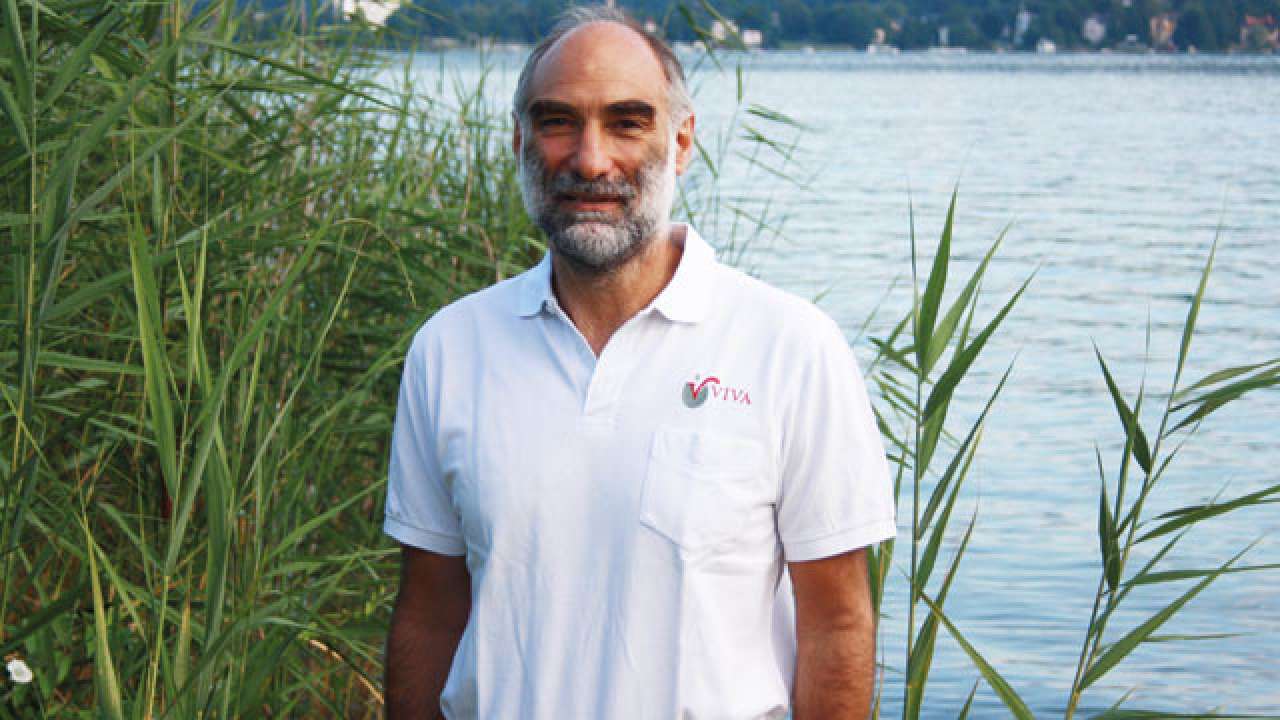
Intermittent fasting is one of the methods of fasting, which is scientifically proofed and demonstrated. Most of the research was tested on animals, mainly on rats and it was demonstrated that if rats have an intermittent fasting of 24 hours, then they have less tumours or cancer developing. Also, their weight compared with a group of animals, which have eaten as much as they want, was reduced. It was also demonstrated on animals that the life span after surgeries could be extended and the rehabilitation period reduced. Of course, there have been also signs that diabetes and other civilisatoric diseases could be reduced. All these results could not be transformed in the same way to humans, because you can not demonstrate an extension of human lives by fasting. But what you could see is that the protection for civilisatoric diseases is clearly seen and also their rate is reduced.
There are different ways of intermittent fasting. One is the 24-hour fasting, another way is within 24 hours, 16 hours of fasting and eight hour window of food intake. There is one problem behind intermittent fasting — if you compensate on the day where you are allowed to eat all the food you haven’t got on the day of fasting, you won’t really see results. So at the end of the day, it is a reduction of the intake of food and also the possibility for the body to metabolise and eliminate the waste during the period of fasting.
It was demonstrated on rats, that, if they ate more on the day as they are allowed to eat, they will not get the effect of the action of the house protection of intermittent fasting. The research goes back to the beginning of the 20th century, where different scientists in Russia and US have demonstrated the effects of intermittent fasting.
Meanwhile, variations of intermittent fasting are recommended. Not just one day eating and one day fasting but also five days eating and two days fasting. Then there’s one day fasting and six days of eating. Another way, one fasting day a week, is the most physiological one. It creates a routine, if an organism has the possibility of fasting for one day a week, to get rid of the toxins — and this is very helpful.
On the other hand, this is also the most physiological intermittent fasting, because we know that we do regulate everything in the rhythm in our body. This rhythm of seven days is something that we have again seen in every society, culture and religion. The important thing here is to always choose the same day of the week, for intermittent fasting. Then you have 52 days a year, of resting and elimination, which gives the body a chance to get rid of a lot of toxins.
Additionally, you will find these recommendations in old societies and religions around the world. In our culture, the Catholic Church recommends one day of fasting. In the last 100-150 years, we have forgotten this recommendation. Another simple way of intermittent fasting is cancelling dinner. Also, it is scientifically proven that cancelling dinner expands life span.